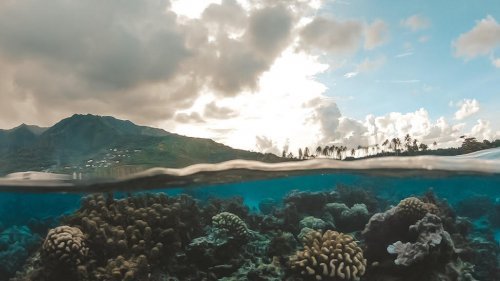Our approaches include oceanographic cruises and other field sampling, laboratory experimentation, and modelling. We also support a series of multidecadal coastal time series in the Mediterranean. The department hosts 20 laboratories dedicated to specific techniques and methodologies, including the latest automated microscopes, flow cytometers, molecular ecology and bioinformatics equipment, gas chromatography and mass spectrometry, radioactivity, culture facilities, environmental chambers, and makes extensive use the nutrient analysis and electron microscopy facilities. We train scientists from around the globe at all levels from pregraduates to postdocs in a friendly and collaborative working atmosphere. And we promote citizen science participation and science outreach activities of all kinds, including school visits, podcasts and news and social media.
Researchers at the Department of Marine Geosciences lead five research groups: Coelenterate Ecology, Ecology and Genomics of Marine Microorganisms, Littoral Biological Processes, Marine Biogeochemistry, Atmosphere and Climate, and Plankton Ecology and Ocean Health.
Research lines
- Footprints of global change in marine life
- Life organization and ecosystem functioning
- Life responses to episodic perturbations
- Impact of climate change on the coast and marine basins
- Ocean dynamics and marine ecosystems
- Abiotic components of the ecosystems
- Global climate patterns and change
- Understanding marine dynamics and episodic perturbations
- Impact of climate change on the coast and marine basins
